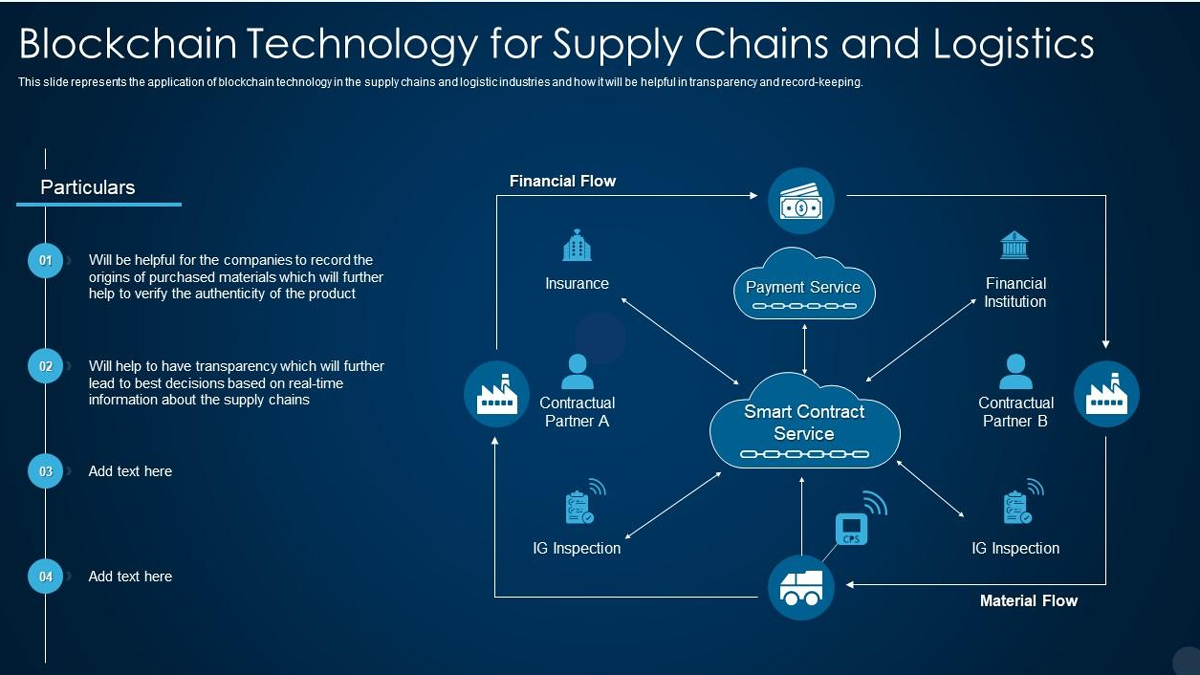As environmental concerns grow globally, the logistics industry faces increasing pressure to reduce its carbon footprint. Transportation accounts for approximately 14% of global greenhouse gas emissions, with freight transport being a significant contributor.
Companies are implementing various strategies to make their supply chains more sustainable:
- Alternative Fuels: Shifting to electric vehicles, hydrogen fuel cells, and biofuels to reduce emissions.
- Route Optimization: Using AI and machine learning to plan the most efficient delivery routes, reducing fuel consumption.
- Packaging Innovations: Developing biodegradable packaging materials and reducing package sizes to maximize space utilization during transport.
- Reverse Logistics: Implementing efficient systems for product returns, recycling, and waste management.
Many logistics companies are now setting ambitious carbon neutrality targets, recognizing that sustainability is not just an environmental imperative but also a business advantage in an increasingly eco-conscious market.
 Tiếng Việt
Tiếng Việt
 English
English
 汉语
汉语





